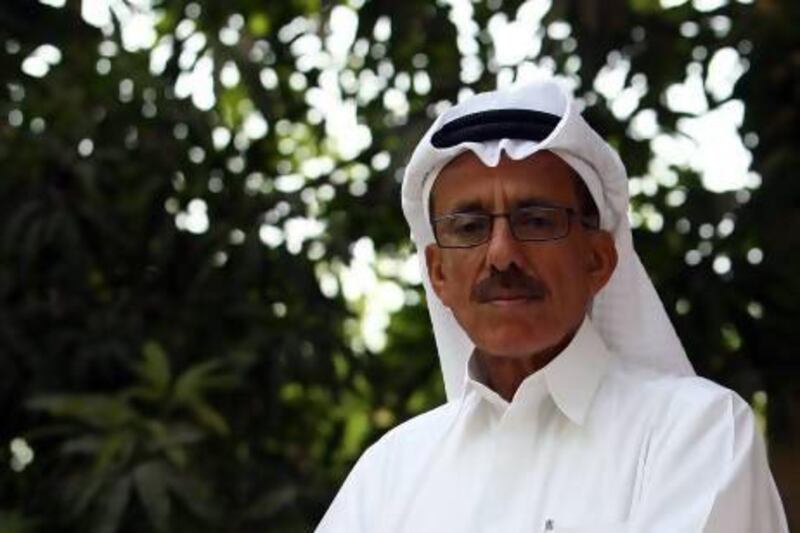Al Habtoor Group, the Dubai-based hotels-to-automobiles conglomerate, is to put in place a family trust arrangement aimed at smoothing succession at the 40-year-old company.
Khalaf Al Habtoor, the chairman and founder of the group, told The National that the trust scheme was currently being considered, on the advice of the international accounting group PwC and the Dubai law firm Habib Al Mulla.
Last month, the company surprised UAE markets when it postponed plans for a US$1.6 billion (Dh5.87bn) initial public offering for shares in the group on a number of global stock exchanges.
"One of the ideas behind the IPO was to establish the continuation of the company beyond my lifetime," said Mr Al Habtoor. "We are currently forming a trust for members of the family to stay involved in the company and to determine how much can be taken out in dividends. The advisers are drawing up the papers."
The trust plan does not mean that Mr Al Habtoor, 63, intends to step down. "I will remain chairman, of course. I will never stand down, I will always stand up. We are having family meetings every month to explain what is going on," he said.
Big family companies dominate private-sector commercial life in the UAE and many other parts of the Arabian Gulf, with up to 90 per cent of the business conducted by family controlled firms. The issue of succession at these groupings has sometimes proved to be an obstacle to corporate growth.
Carine Soulby, the head of corporate and commercial work at Habib Al Mulla's Abu Dhabi office, said: "In the wake of the global economic downturn, family businesses are faced with having to revise their business strategies in an effort to maintain longevity and mitigate the challenges they face during difficult economic times."
Some groupings have splintered into different factions each using the family name, but essentially competing with each other.
"The bitter truth about family businesses is that only one third of them survive the transition from the first generation of ownership to the second, with only 13 per cent of businesses remaining in the family for more than 60 years. Clearly, surviving this transition from one generation to another remains a difficult challenge for family businesses and to survive, proper succession planning must be part of the businesses strategy," she said.
Mr Al Habtoor's family is already involved in the operation of the business, valued recently at more than $6bn by the accounting firm Grant Thornton. Two of the chairman's sons are in charge of the main arms of the business: hotels and property, and automotive.
The succession issue comes at a crucial time in Al Habtoor's development. The company is committed to a $1.6bn investment strategy that will put it at the heart of Dubai's economic recovery, with developments in prime projects in the emirate, such as the proposed canal from Business Bay to the Arabian Gulf.
"I'm very positive on the Dubai economy. I think we're back in 2007," Mr Al Habtoor said.





